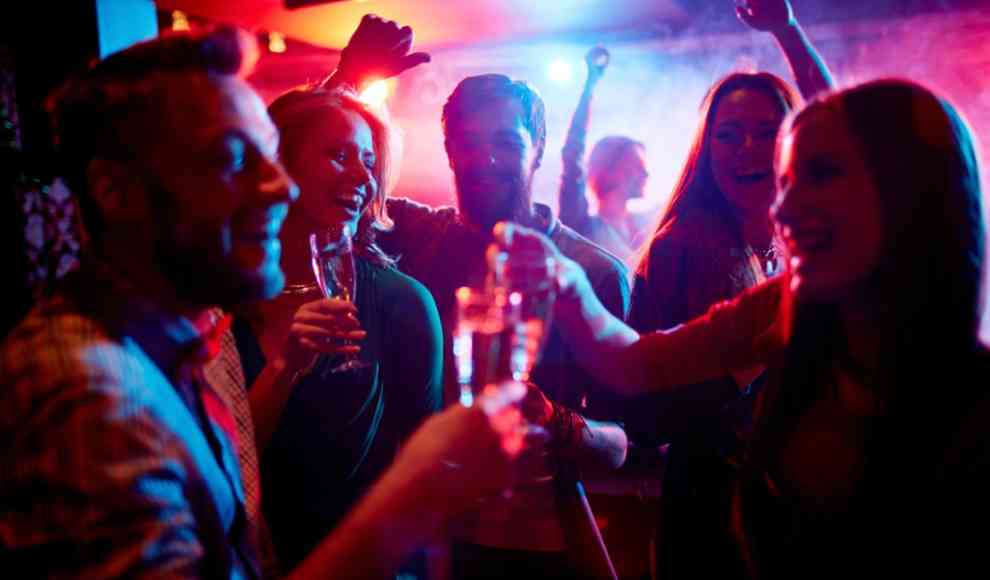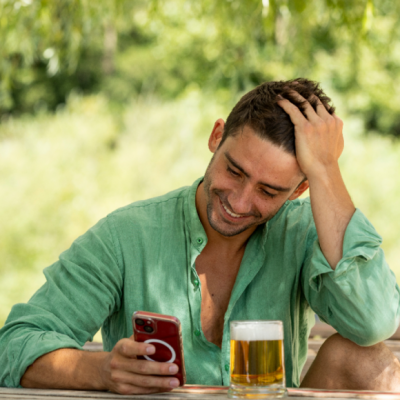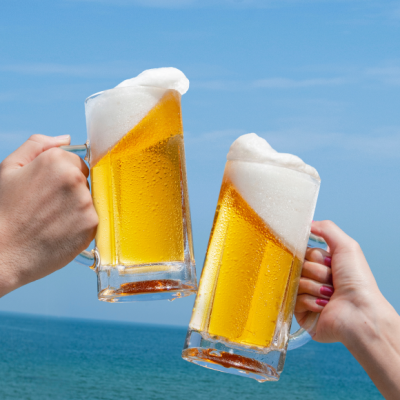Alcohol has long been known as a social lubricant, but recent research has shown that it can also affect our social perception. Beyond the physical reactions, alcohol can influence the way we interact with others and how we perceive them. Some people report heightened color perception, louder noises, or altered time perception after consuming alcohol. The effect of alcohol on the brain is complex and varies from person to person. While some people become more sociable after a few drinks, others may become withdrawn or even aggressive. These different reactions can also affect the way we perceive the world around us.
The concept of “beer goggles” is deeply rooted in many cultures. It is the idea that people perceive others as more attractive after consuming alcohol. This phenomenon, often portrayed humorously in the media, has serious social and psychological implications. It raises questions about self-perception, self-esteem, and the role of alcohol in social situations. While some believe that alcohol itself causes this change in perception, others argue that it may be due to other factors such as the atmosphere, music, or company.
A recent US study has shown that the “beer goggles” effect does not occur at a blood alcohol level of 0.8%. This suggests that there are limits to the influence of alcohol on the perception of attractiveness. These findings raise new questions about the role of alcohol in social situations and highlight the need for further research to fully understand the picture. It is also important to note that there are many different factors that can influence the effect of alcohol on the brain and perception, including the amount of alcohol consumed, the frequency of consumption, and individual tolerance.
Beyond the perception of attractiveness, there is also the old belief that drunkenness makes people brave. This stereotype, often repeated in stories and anecdotes, also has scientific basis. Alcohol can break down inhibitions and increase self-confidence, leading to bolder decisions. However, it is important to note that not everyone who drinks alcohol exhibits risky behavior. There are also studies that show that alcohol can affect the ability to perceive danger or threats. This could explain why some people become more daring or reckless after drinking. Overall, the effects of alcohol on social perception and behavior are complex and varied, and further research is needed to fully understand them.










